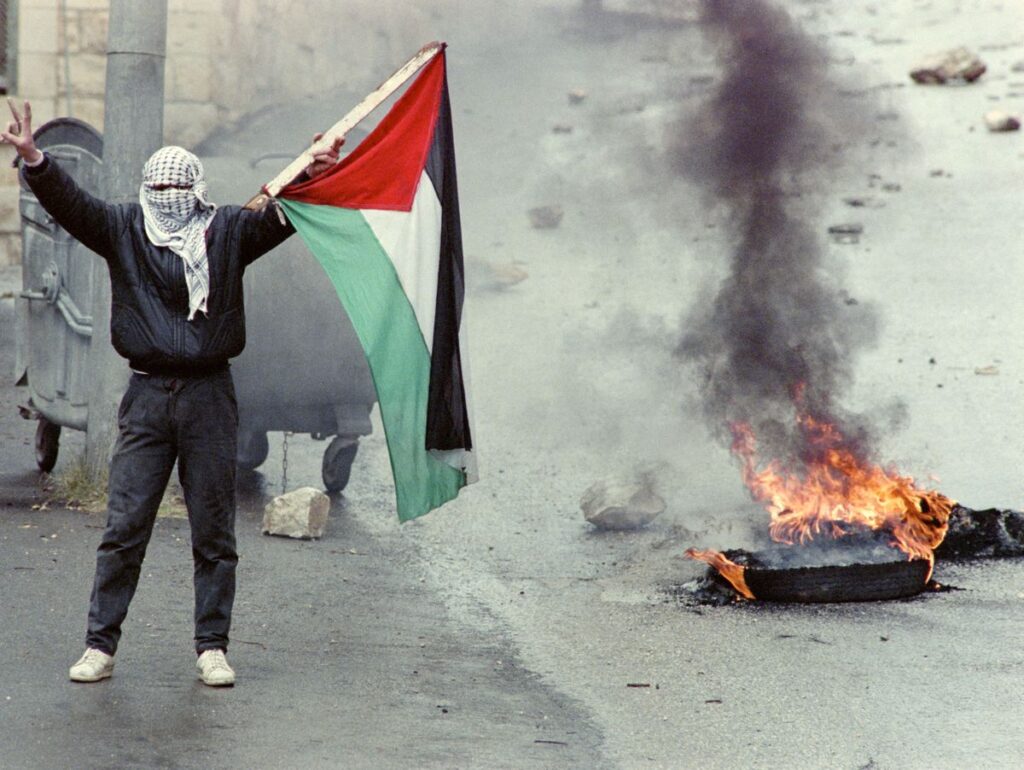
Introduction
The term ‘Intifada,’ which translates to ‘uprising’ in Arabic, refers to the significant periods of Palestinian resistance against Israeli occupation. Understanding the Intifada is crucial to grasping the complexities of the Israeli-Palestinian conflict, a topic of global relevance and continuous debate. Two major Intifadas have occurred, influencing political landscapes, shaping identities, and impacting international relations.
The First Intifada (1987-1993)
The first Intifada began in December 1987 when Palestinian residents of the West Bank and Gaza Strip began protesting against Israeli military rule. Triggered by a deadly incident involving an Israeli truck colliding with a Palestinian car, the Intifada quickly escalated into widespread demonstrations, strikes, and civil disobedience. The grassroots movement relied heavily on nonviolent tactics, including boycotts of Israeli goods and educational strikes.
The Israeli Defense Forces (IDF) responded with significant military action, leading to increased international attention. The mass uprisings led to the Madrid Conference in 1991 and ultimately concluded with the Oslo Accords in 1993, a significant moment in the peace process. These accords, however, have been criticized by many Palestinians, who felt they did not lead to true sovereignty.
The Second Intifada (2000-2005)
The second Intifada, also known as the Al-Aqsa Intifada, erupted in September 2000. It was ignited by the visit of then-opposition leader Ariel Sharon to the Al-Aqsa Mosque compound, a site sacred to both Muslims and Jews. This period saw a return to more violent confrontations, including suicide bombings and military incursions by Israel, leading to a significant loss of life on both sides.
The Second Intifada had profound effects on Palestinian society, resulting in widespread destruction and a shift in the strategies of various Palestinian factions. Further international involvement, especially from the U.S. and Europe, sought to mediate but failed to achieve lasting peace.
The Significance of the Intifadas
The Intifadas have played a crucial role in shaping the Palestinian national identity and raising global awareness about their plight. They have also prompted discussions on self-determination, human rights, and the broader implications of colonialism and occupation. Though the Intifadas have resulted in tragedy and loss, they highlight an ongoing struggle for justice that resonates in various forms across the globe.
Conclusion
Understanding the Intifada is vital to comprehending the historical context and the current dynamics of the Israeli-Palestinian conflict. As tensions continue to persist, the lessons from these uprisings resonate today, emphasizing the need for dialogue, understanding, and a commitment to peace. The future may offer new avenues for resolution but will undoubtedly be influenced by the legacy of the Intifadas.



